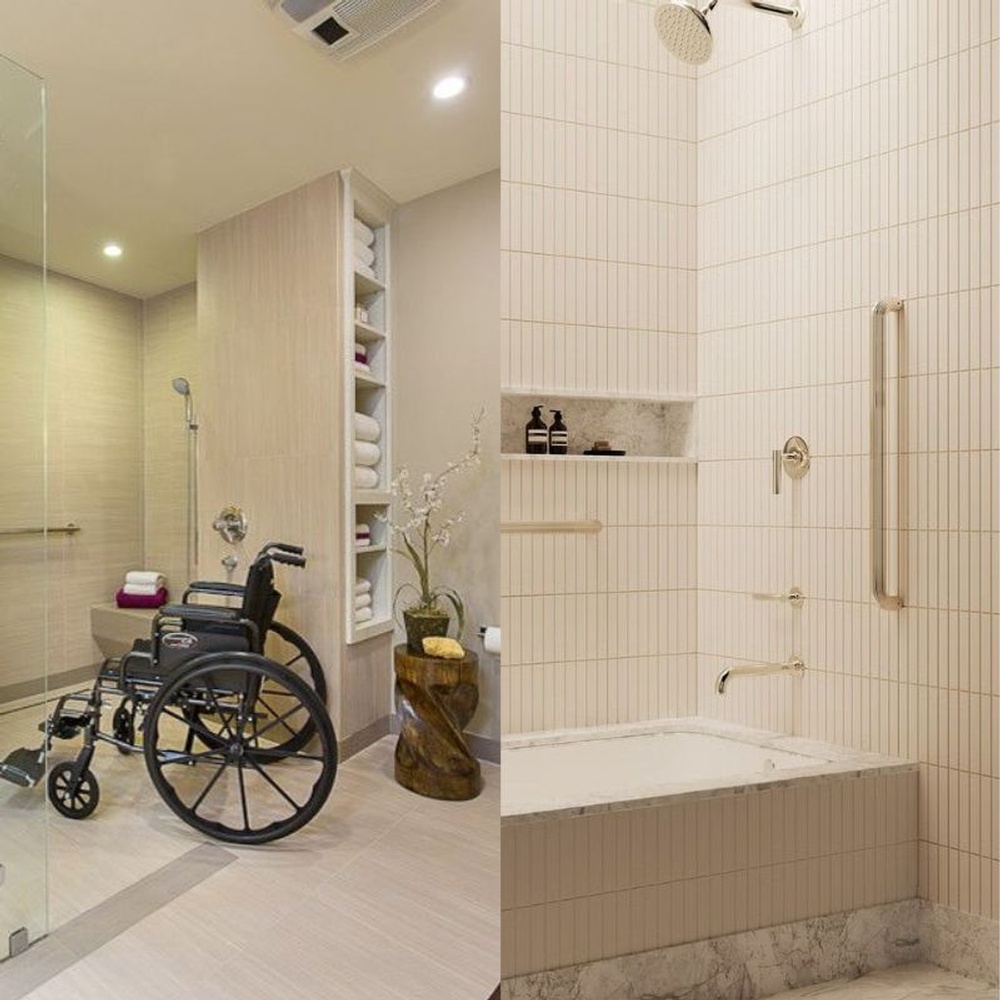Creating Age-Friendly Interiors: Designing for 2025

As we step into 2025, the focus on aging in place is more prominent than ever. Designing homes that cater to the needs of older adults is essential for creating safe, comfortable, and accessible living spaces. Here are some key tips for designing age-friendly interiors:
-
Universal Design: Incorporate universal design principles that make spaces usable by everyone, regardless of age or ability. This includes wider doorways, no-step entries, and lever-style door handles.
-
Non-Slip Flooring: Choose flooring materials that are slip-resistant to prevent falls. Options like textured tiles, vinyl, and non-slip hardwood are great choices.
-
Ample Lighting: Ensure that all areas of the home are well-lit to improve visibility and reduce the risk of accidents. Use a combination of overhead lights, task lighting, and night lights.
-
Accessible Storage: Install storage solutions that are easy to reach and use. Pull-out shelves, adjustable-height cabinets, and open shelving can make a big difference.
-
Safety Features: Add safety features such as grab bars in bathrooms, handrails on stairs, and emergency response systems to provide extra security and peace of mind.
-
Comfortable Seating: Choose furniture that provides good support and is easy to get in and out of. Chairs with armrests and higher seating can be more comfortable for older adults.
-
Clear Pathways: Keep pathways clear of clutter and obstacles to ensure easy navigation throughout the home. This helps prevent trips and falls.
-
Smart Home Technology: Utilize smart home technology to enhance convenience and safety. Features like voice-activated controls, automated lighting, and security systems can make daily life easier.
By incorporating these design elements, you can create a home that supports aging in place and promotes independence and well-being. Ready to transform your space? Contact us today to learn more about our age-friendly design solutions!